Complete Guide to Property Management in Thailand for Owners

Property management for foreign investors
Property management in Thailand is not simply about renting out a property. For owners—especially foreign investors—it is crucial to build a model that combines revenue, reliability, and service quality. Without professional management, it’s easy to miss opportunities: from technical maintenance issues to poorly optimized booking channels. This is where Holy Cow Phuket becomes a trusted partner, with proven experience in the premium and mid-market segments, structured processes, and a focus on protecting both income and asset value.
Key features of property management in Thailand
1. Legal and Tax Considerations
Foreigners owning property in Thailand often face challenges related to taxation, ownership structures, and managerial responsibilities. A professional management company handles lease agreements, deposits, escrow accounts, and ensures compliance with local regulations.
2. Rental Regulation
Depending on rental format—long-term or short-term (vacation rental)—rules and taxes differ. A competent management company must understand both formats and be experienced in OTA bookings, insurance, and guest safety requirements.
3. Operational Logistics
Successful property management relies on operational efficiency: cleaning, repairs, technical maintenance, contractor management, check-in/check-out support, utility payments, and beyond. Without a capable team, scaling a portfolio or maintaining quality becomes difficult.
Standard service package of a property management company
Professional property managers in Thailand (especially in the premium segment) typically provide:
- Listing and marketing (OTA + direct booking channels)
- Dynamic pricing (yield management)
- Booking services and guest support (24/7), check-in/check-out
- Cleaning and linen management after each guest + regular cleaning
- Technical maintenance, repairs, HVAC, plumbing, electrical work
- Financial reporting for owners (income, expenses, balance reports)
- Deposit and guarantee fund management
- Legal support: agreements, insurance, brokerage compliance
- Trust-based management: escrow accounts and secured payments
- Additional services: guest transfers, VIP services, concierge support
Compensation and commission models

To choose the right management partner, an owner must understand how fees are structured. Common models include:
- Revenue-share model — most common for short-term rental (typically 20–40%, depending on marketing, cleaning, and guest support included).
- Fixed fee model — less common but used for long-term rentals or per-unit pricing.
- Hybrid model — a mix of minimum fixed payment + revenue percentage. Effective for portfolios combining long-term and short-term strategies.
- Tenant acquisition fee — for long-term contracts, management companies often charge a fee equal to approximately one month’s rent.
Advantages of working with a management company
- Higher revenue through professional marketing and pricing optimization
- Reduced operational burden (repairs, cleaning, guest communication handled by the manager)
- Proper technical maintenance protects asset value and property condition
- Transparent reporting and KPI control for owners
- Legal and tax support reduces risk exposure
- High-quality guest experience leads to better ratings, repeat bookings, and stable income
Major risks and pitfalls
If a management partner is chosen carelessly, owners may face serious issues:
- Lack of financial transparency — without clear KPIs and reporting, revenue leakage becomes likely, especially under high commission models.
- Poor service quality — inexperienced technicians or cleaners degrade ratings and reduce booking volume.
- Improper rental strategy — an all-short-term or all-long-term approach may not align with owner objectives.
- Legal errors — incorrect lease contracts, missing insurance, and lack of escrow protection may lead to financial losses.
- Limited control — absence of structured reporting leaves owners unaware of operational or financial risks.
Checklist: How to choose a property management company
Owners should evaluate a potential partner based on:
- Experience — number and type of properties managed (villas, condominiums, premium assets).
- Fee structure — clear and transparent terms.
- Reporting quality — frequency, format, access to dashboards.
- Contractor network — proven technical support, cleaning services, SLA standards.
- Protection mechanisms — contract terms, insurance, escrow/trust accounts.
- Guest support — 24/7 service, check-in/check-out standards.
- Technology stack — PMS systems, channel managers, CRM, analytics tools.
- Reputation — owner reviews, case studies, performance examples.
Leading competitors in Thailand’s Premium & Luxury Segment
- Siam Luxury Villas
- Lux Farang
- Island Property Services
- Phuket Home Services
Role and Advantages of Holy Cow Phuket
Holy Cow Phuket stands as one of the most reliable and experienced property management companies in Phuket. Key strengths include:
- Local expertise — years of managing villas and condominiums, in-depth understanding of Phuket’s rental market.
- Full-cycle service — from marketing to technical maintenance, without outsourcing critical functions.
- Transparent reporting — detailed financial analytics help owners track revenue sources and identify growth opportunities.
- Technology-driven approach — modern PMS systems, channel managers, and automation tools increase direct bookings and reduce OTA dependency.
- High-quality guest service — personalized support, 24/7 communication, professional check-in/check-out processes.
- Trusted contractor network — vetted technicians and cleaning teams with operational standards suited for premium properties.
- Flexible cooperation models — suitable for long-term investors, vacation rental owners, and mixed-strategy portfolios.
Practical recommendations for owners working with Holy Cow Phuket
- Define your strategy — long-term, short-term, or hybrid rental model affects revenue structure and management fees.
- Agree on KPIs and reporting — clarify reporting frequency and formats (financial and operational analytics).
- Use escrow/trust structures — secure funds and guest deposits to reduce financial risks.
- Evaluate contractor standards — request service level agreements for cleaning and technical support.
- Launch a pilot project — start with several units to measure performance.
- Grow direct bookings — work together to reduce OTA dependency and increase profitability.
- Consider insurance protection — cover physical damage, liability, and risks related to rentals.
Conclusion
Property management in Thailand is a complex yet profitable market, especially for foreign investors. Engaging a professional management company is nearly essential to maintain high service standards, secure stable revenue, and minimize risks. Holy Cow Phuket offers a premium, technology-supported, locally rooted approach. Choosing us means gaining a partner who understands the market, prioritizes your interests, and focuses on long-term asset growth and income stability.
Other articles
View allRead also
View all
How and when to correctly change the management company in Phuket 🌴

Renting accommodation in Phuket without intermediaries







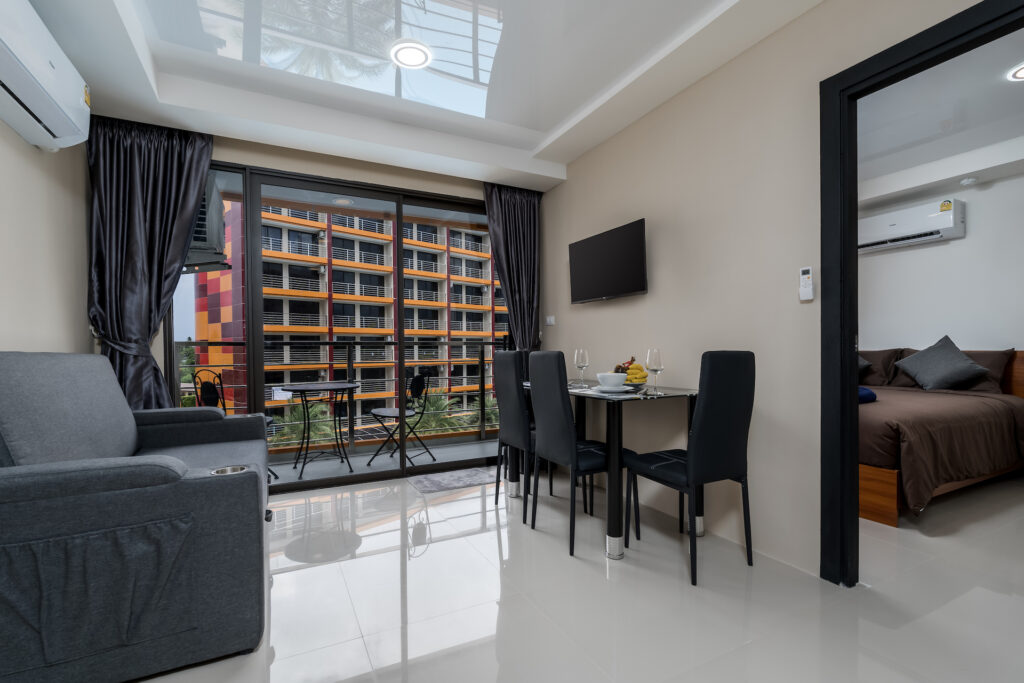

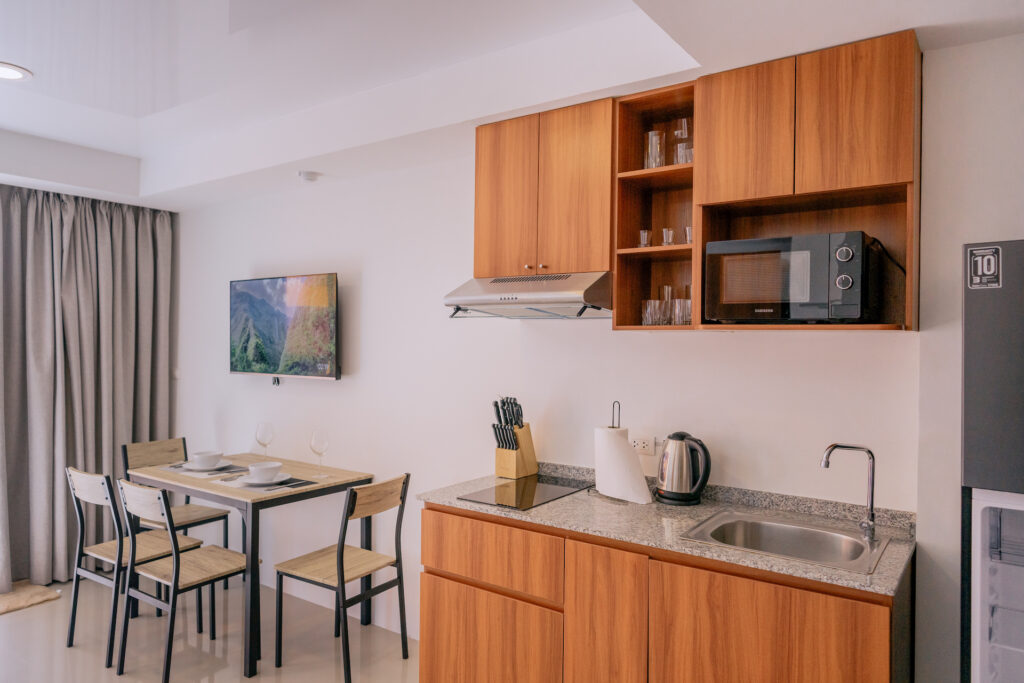


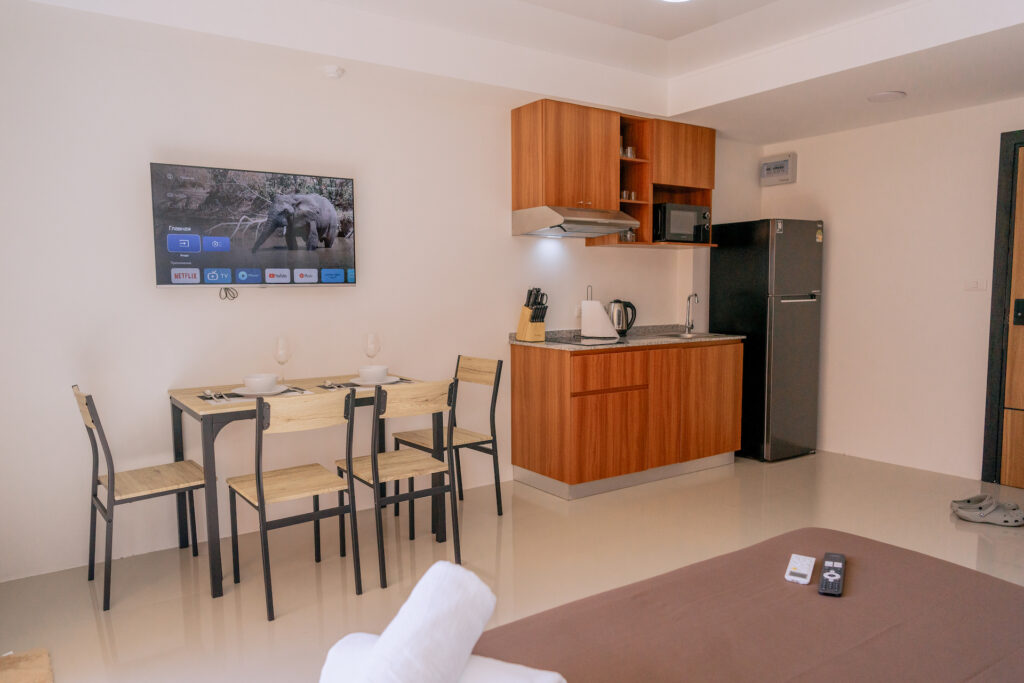
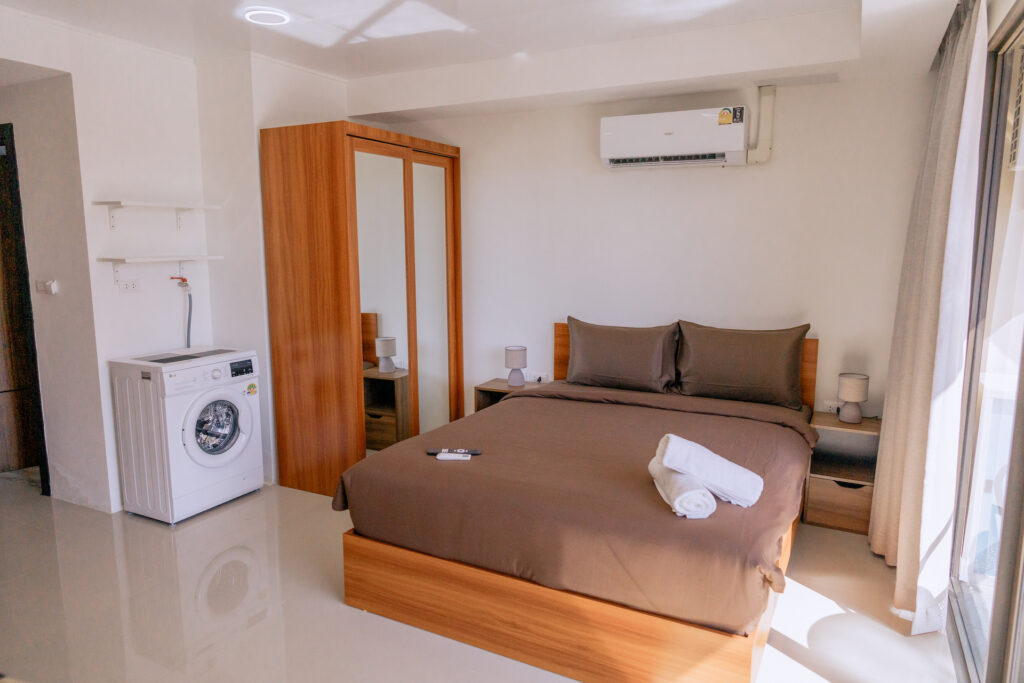






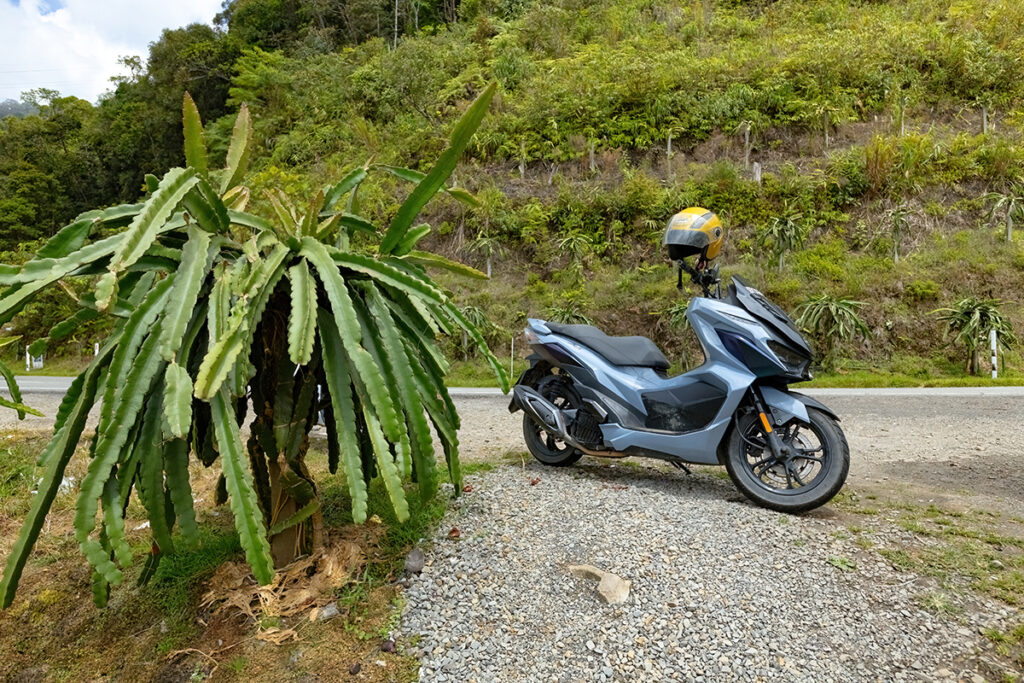




Send a comment